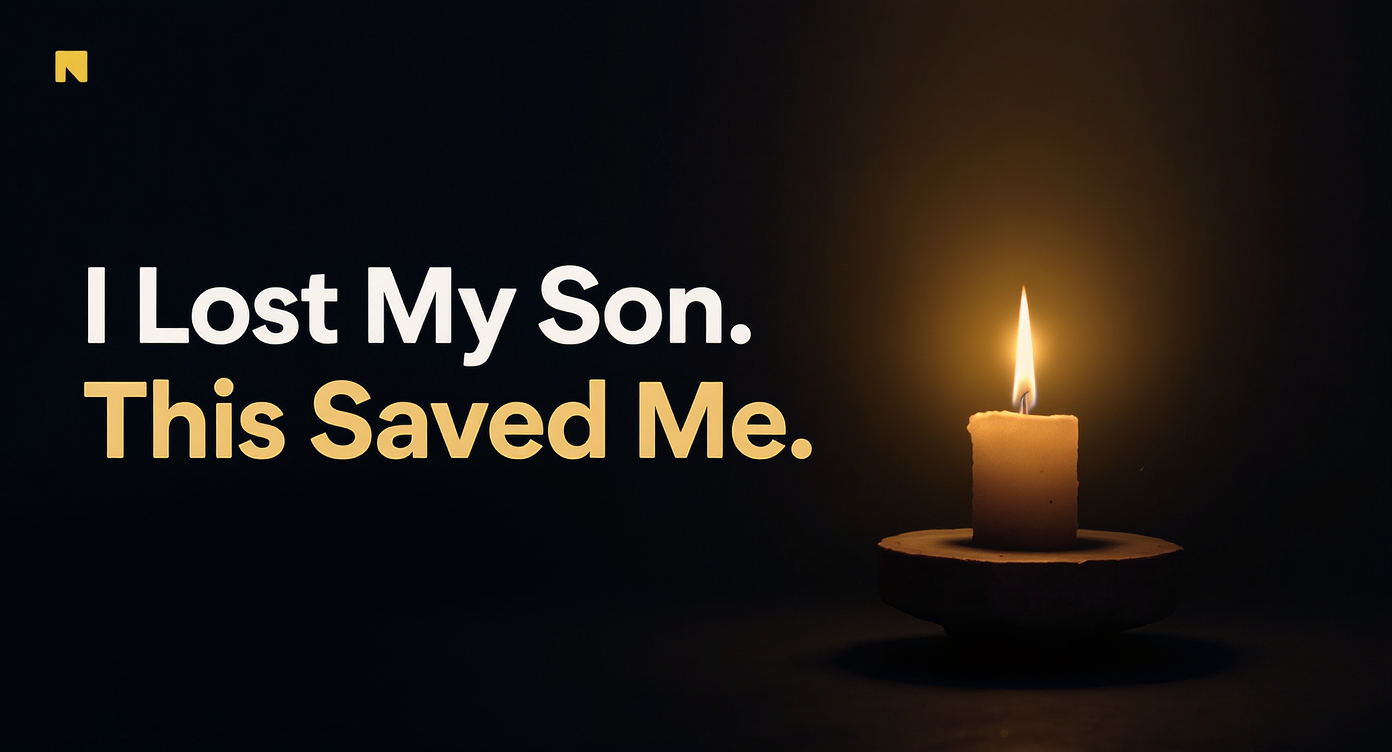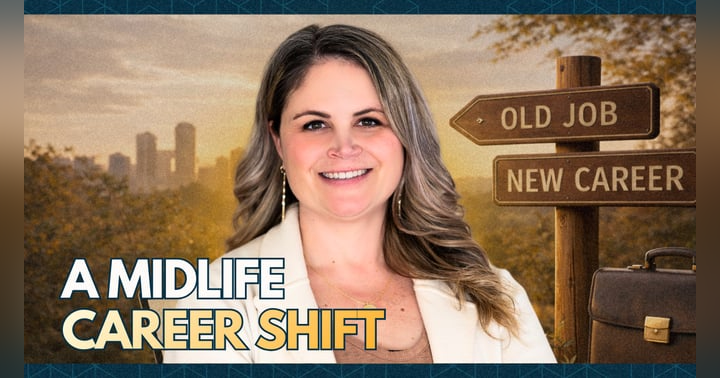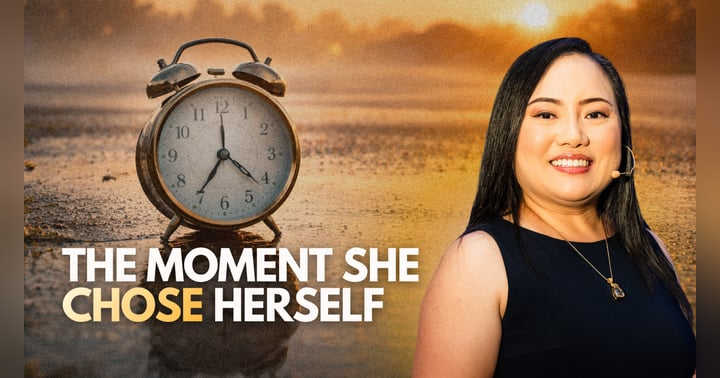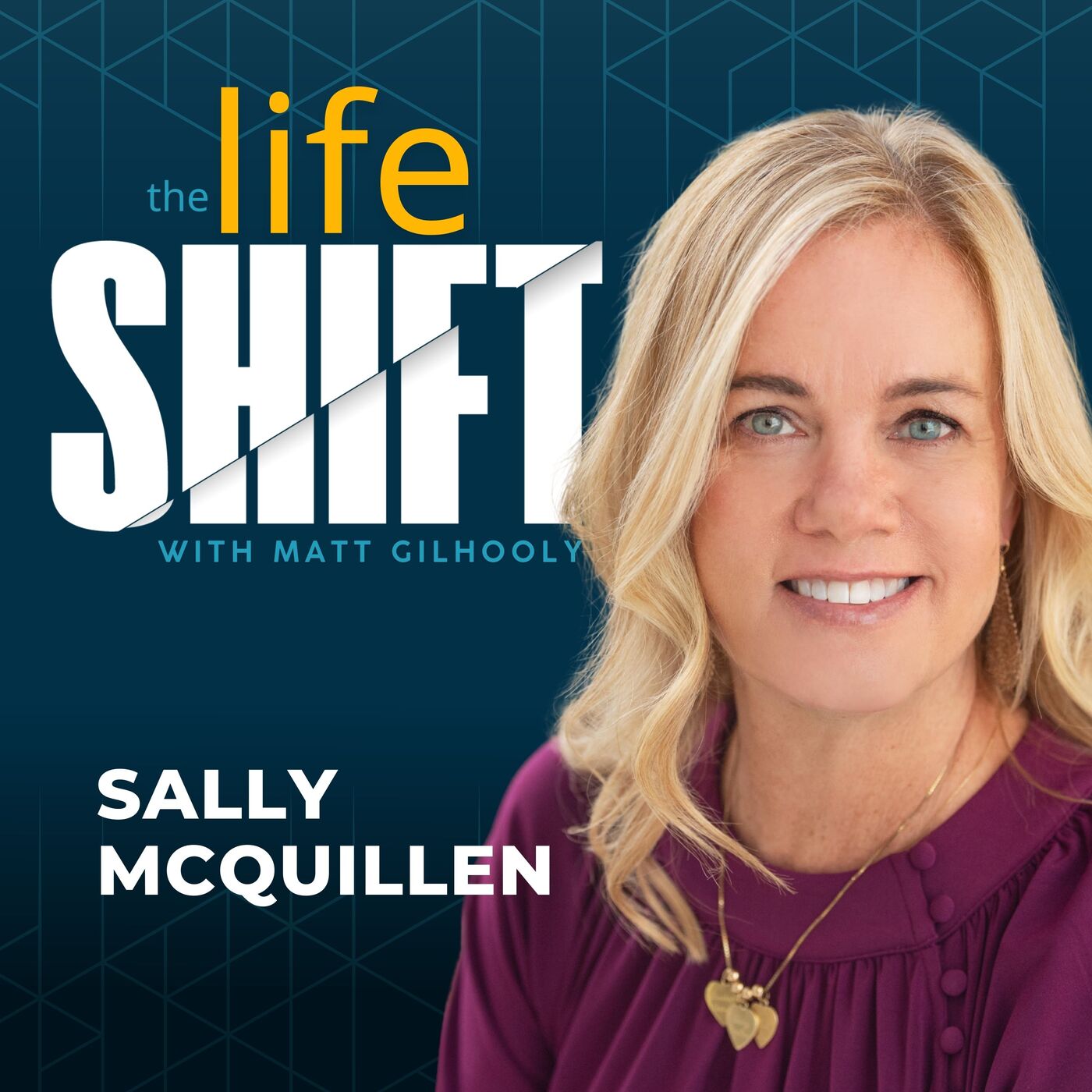Reaching for Beautiful: A Conversation on Grief, Gratitude, and Carrying Love Forward

When Life Splits in Two
Some moments divide life into a before and after. For psychotherapist and author Sally McQuillen, that moment came when her 21-year-old son Christopher died in a tragic accident. In our conversation, she described the way her world suddenly lost its ground, how she felt as if she was free falling, and how she had to find a way to keep living.
I have lost people too, but hearing Sally’s story reminded me that grief often feels uniquely isolating. We know, logically, that we are not alone in loss, but the experience can make us believe otherwise. Sally’s openness felt like an invitation to sit with the hard truth that grief will always be a part of us, while also recognizing that love can grow around it.
The Gift of Sobriety Before Loss
One part of Sally’s story that struck me was her decision to get sober at 25. At the time, it was about survival, about changing her life and finding healthier ways of living. Looking back, she credits sobriety for giving her the tools she would later rely on after Christopher’s death.
She told me that in both sobriety and grief, there are moments where the easier choice is to numb, avoid, or shut down. But she had already practiced choosing the harder road. That earlier decision, as difficult as it was, helped her move through the unimaginable with more intention. It was a reminder for me that the choices we make in one season of life can prepare us for storms we never see coming.
Living With Grief and Gratitude Together
Sally’s words stayed with me when she said, “Grief and gratitude can sit side by side.” For her, it has been less about overcoming loss and more about integrating it into her life. She admits that she will be grieving her son for the rest of her days. Yet, she also chooses gratitude for the years she had with him and for the light he brought into her world.
It reminded me of my own experience losing my mother when I was eight. For a long time, I believed that grief meant constant sadness, that it left no room for laughter or joy. Over time, I learned what Sally so clearly described: allowing yourself to experience other emotions does not erase your grief. It simply acknowledges that we are full humans capable of holding many truths at once.
Parenting and Marriage Through Loss
One of the hardest parts of Sally’s story was how she navigated being a parent to her surviving children while grieving Christopher. She wanted to protect them from her pain, but also knew that her grief would inevitably affect them. She compared it to putting on her own oxygen mask first. She had to admit that she could not do it all for them and that sometimes the best way to love them was to encourage other sources of support.
Sally also spoke about the impact on her marriage. She and her husband grieved differently, and she was aware of the statistics around couples not surviving the loss of a child. They had to respect their differences and allow each other space. She said it took work, but that work was worth it.
Choosing to Keep the Heart Open
What moved me most was Sally’s reflection on the advice she would give to her past self. She said, “There will be more light that enters into your life than you can fathom. Keep your heart wide open, even when you want to protect it.” That simple but profound statement captured the courage it takes to live with grief while refusing to close off to love.
Her story is a reminder that strength is not about holding it together or avoiding pain. Sometimes strength means letting yourself feel it all, even when it hurts. Sally embodies that lesson in the way she continues to carry Christopher’s light forward.
You can hear my full conversation with Sally McQuillen on The Life Shift Podcast. Listen now at www.thelifeshiftpodcast.com.














